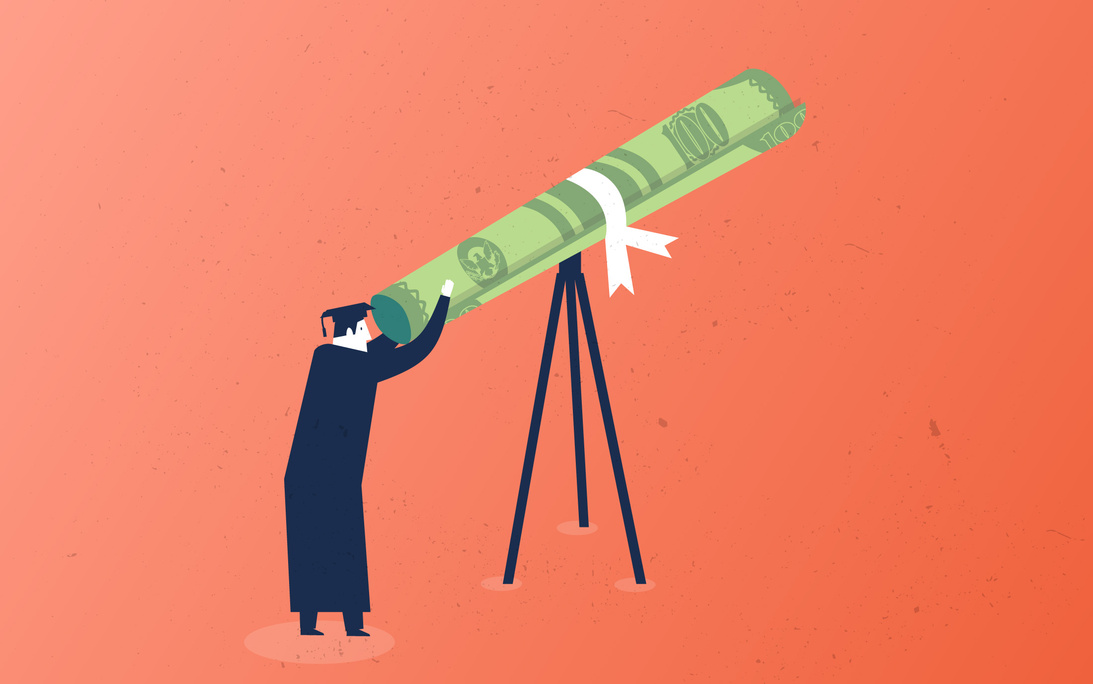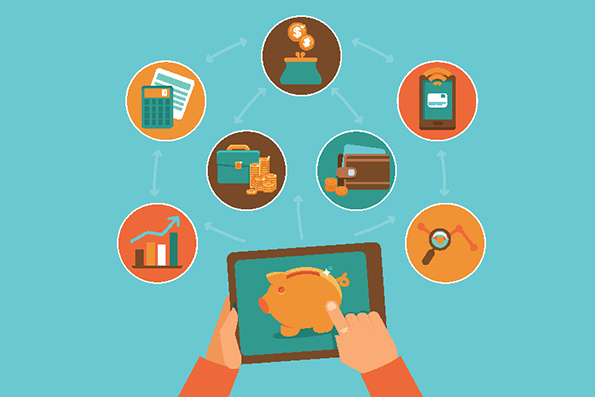Financial Literacy For The African Youth - Part 2 : Myths and Peer Pressure

Our peers are known to have a huge influence on us but then is it easy to figure out that this has an impact on our financial decisions as well? I would say yes. You? In this second article of our series, we review some common pitfalls of peer pressure on our finances. Like I mentioned in part one, I am just documenting ideas I shared with my friends here. So apart from peer pressure, in the last week(s) I also talked about myths or common assumptions about financial literacy and continued to emphasize the importance of thinking in numbers as a financial skill as I already pointed out that numbers were important for financial literacy in part one. Please do take a look at part one here if you haven't and want to understand this article better.
Numbers and Economics in Financial Literacy, Connecting Dots.
Since we started talking about numbers in part one, it's a good idea to "finish" with numbers before moving to other things and it's "finish" becuase we can never really end the discussion about the link between numbers and financial literacy. Hence it's a finish with respect to our discussion in part one. So first of all what is a number and how does in come into Economics in our context?
A number is an (abstract) object which is used to count, label and measure. On the other hand one of the basic definations of economics says it's the study of the use of scarce resources and how we can use them in different ways (especailly efficiently).
So how to do we know that something is a resouce? and how to we quantify it? so we can be able to establish that it is scarce. It's quite easy we identify resources by labelling them as resources, we examine their value by measuring and the we can observe how these resources are changing by counting in the most basic sense. If you are kin, you would have noticed the defination of a number holds all 3 metrics.
Do I really need to mention that, finance is a scarce resource which is limited in supply and needs due economic management. Can you now draw the lines between financial literacy, numbers and economics? A big time when only numbers speak is when we take stocks! Think of it and start thinking in numbers!
Common myths on Financial Literacy
In part one I explained why integrity and honesty are key in financial literacy but then some questions came up that I consider as common myths in financial literacy so before we can proceed to look the definition proper of financial literacy itself let's observe these myths.
- Many people make the mistake of thinking financial literacy is for people who desire to be rich alone.
- A lot of people confuse investment courses with financial literacy topics. They are interwoven but quite different.
These are two big assumptions a lot of people are making. Well, Financial literacy is simply the set of skills that can enable one to make informed and effective financial decisions. So you see you don't need to desire to be rich before needing to make such decisions and clearly, you would see that financial literacy is a skill that you should get prior to talking about investments.
Such decisions may be as basic as deciding how much you want to spend on monthly internet bills, or making a budget for your kitchen, child education, or even financial decisions for governments and large cooperations. That said, it is a skill that can be used at every level in different capacities. So just like reading and writing everyone should have this skill. It won't neccesarily make you rich but has the capacity to make you live a better and would improv e your views on leadership and issues of basic accountability.
Peer Pressure and Financial Habits
One thing that always come with someone trying to implement their financial literacy skills is peer pressure. Many people don't always like the conservative nature of people who get financial concious. For this reason it's something to review. Peer pressure as you may know is influece from members of ones peer group. How does this affect our financial habits?
- The need for us to put up with peers can lead to poor financial habits, for example hanging out and having beers every now and then,
- The need to impress our peers for example giving gifts without thought, buying new gadgets in a similar manner and appearing up-to-the-task always.
- Other lavish habits by peers can influence your decisions and as a result your financial decisions
As a conclusion on peer pressure, I say learn to say nok learn to impress you bank account, account manager, investment portfolio and not your friends! See you in part 3 :). Thanks for reading. I am @noellinks on twitter, and nfebe@probewrite.com to reach for further discussion.
Similar Post You May Like
-

3 things that will make you realise you are a Conspiracy Theorist
A conspiracy theory is an explanation (another version) ...
-

Financial Literacy For The African Youth - Part 1 : Integrity and Rat Race
We are already hearing a lot of "Financial Literacy is ...
-

Leadership Vs Management Debate
Debate between Leadership and Management has been raging ...



